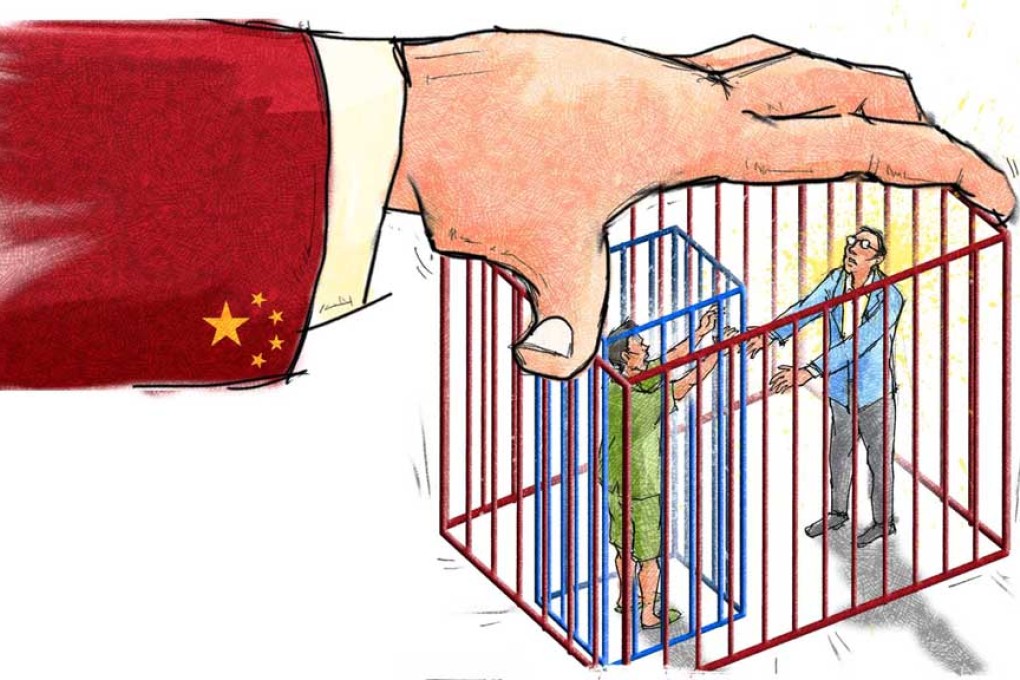China needs its human rights lawyers to fortify its rule of law
Zhou Zunyou says China is flouting its own legal standards in its sweeping detention of rights lawyers

In an unprecedented crackdown starting from July 9, Chinese authorities interrogated and detained more than 200 human rights lawyers and activists, attracting condemnation worldwide. While most of these people have been released, around 20 remain in custody, including five lawyers and an administrative assistant at the Beijing-based Fengrui Law Firm, which has been the focus of the crackdown.
Shortly after the action, China's state-run news media launched a smear campaign, characterising the targeted individuals as "a major criminal gang" and accusing them of exploiting contentious cases to stoke controversy, discrediting the government and severely disrupting the public order. Some of the detainees, including Fengrui's director, Zhou Shifeng, have been shown on television making confessions.
When a few UN human rights experts spoke out to urge the central government to "stop what appears to be targeted police harassment and intimidation of lawyers", Chinese official media argued that the crackdown "is nothing more than a legitimate law enforcement action, and should not be interpreted as a human rights issue".
If China truly wants to convince the world that this campaign is not "a human rights issue", the prosecutors will have to prove beyond a reasonable doubt that the apprehended lawyers have broken criminal law. For the time being, it is key for China, during the pretrial period, to adhere to its own criminal procedure law and show respect for widely recognised international standards of criminal justice.
However, the fact is, even before trials begin, the state media have pronounced these people guilty; since their detentions, none of the Fengrui suspects have had any - let alone immediate and adequate - access to their own lawyers.
The conducting of a "trial by state media" prompted the criticism of He Weifang, a prominent law professor at Peking University, for violating the presumption of innocence, a central principle of criminal procedure as guaranteed by Article 12 of the Criminal Procedure Law. In one of his recent posts on Sina Weibo, a Twitter-style microblogging service, he pointed out that the state- and party-controlled media has the duty to abide by the law, and that taking sides by playing up and sensationalising the guilt of people before their trials begin would make it impossible for the court to adjudicate the case impartially.
Many days after the detention of Zhou and the smear propaganda against him, his family has not been contacted by the authorities. When Yang Jinzhu stood up as Zhou's defence lawyer, he was warned and threatened by the authorities several times. Viewed as a "fight-to-the-death lawyer" by his peers, Yang himself is also a target of the crackdown.